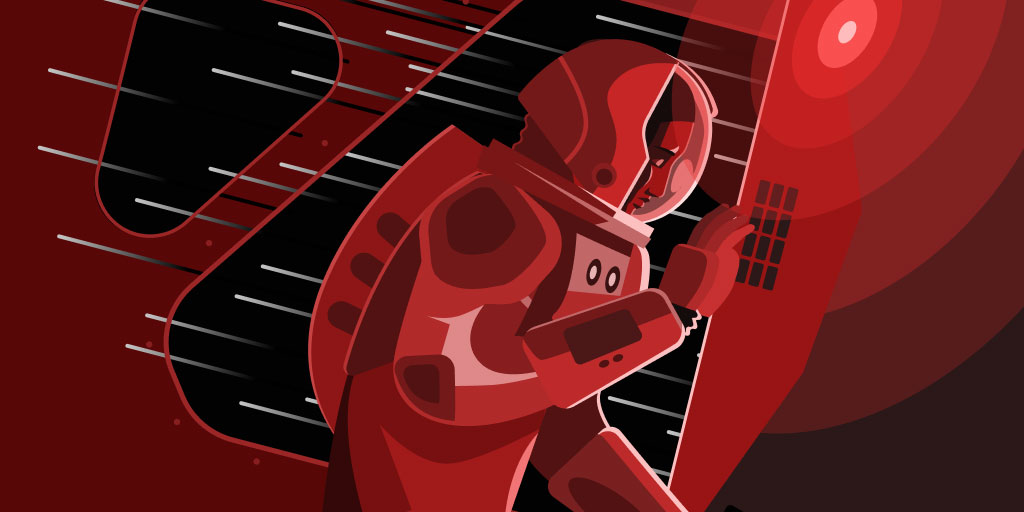The bolded part is pure supposition on your part. As an "old schooler" I don't give a crap about colorized syntax highlighting. Why? Because it gives me nothing towards understanding the code. If I can't recognize an "if", "switch", "case", "else if" statement without colorization, honestly, I have no business trying to code in that language.
Yes that is my opinion, but I'm getting tired of generalizations that are roughly "well you old dogs are too stupid to understand how wonderful colorized syntax highlighting is". Again, my opinion, you are flat out wrong, I'd posit millions of lines of mission critical code, code where people could die (in a real physical sense), were done without use of IDEs and "colorized language sensitive syntax highlighting".
If it helps YOU write better code, fantastic, you do you, great. But stop peeing on people that find it of marginal use at best.

